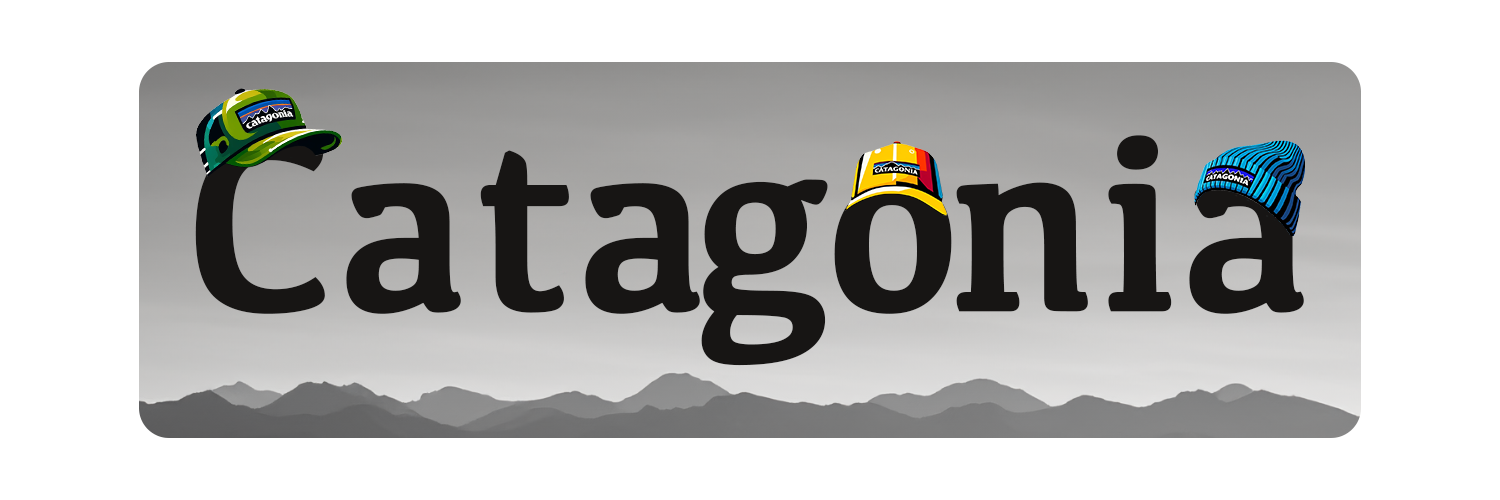The Defense for Catagonia: A Parody Crypto Meme Coin
In the evolving landscape of digital assets and cryptocurrency, creativity and community engagement often intersect in unique and unforeseen ways. One such innovation is the creation of Catagonia, a parody meme coin that satirizes the iconic Patagonia brand. This article aims to defend the legal use of the Patagonia name and logo in the context of Catagonia, under the principles of parody and fair use.
Understanding Parody and Trademark Law
Parody, as a form of expression, enjoys protection under the First Amendment of the United States Constitution. It is recognized as a legitimate form of commentary and criticism that often involves the use of a recognizable trademark to make a humorous or satirical point. In trademark law, the use of a brand's logo or name can be permissible if it clearly conveys a parody, and thus, is unlikely to cause confusion among consumers regarding the source or sponsorship of the product.
Catagonia: A Clear Parody
Catagonia, by its very nature, is a parody of the well-known outdoor apparel brand Patagonia. The name "Catagonia" itself is a playful twist, combining "cat" with "Patagonia," signaling to the audience that it is not the original brand but a humorous imitation. The Catagonia community centers around using digital assets to outfit other digital crypto communities with virtual hats and shirts, adding these accessories to online users' profile pictures, and creating memes about wearing Catagonia gear.
The visual elements of Catagonia, including its logo, are designed to evoke the recognizable style of Patagonia but with a distinct and comedic twist that makes the parody apparent. The addition of cat-themed elements further distinguishes Catagonia from the original brand, reinforcing the satirical nature of the project.
Legal Precedents Supporting Parody
Several legal precedents support the use of trademarks in parodies. In Campbell v. Acuff-Rose Music, Inc., the U.S. Supreme Court held that a commercial parody could qualify as fair use, emphasizing the importance of transformative use and the minimal likelihood of market substitution. Additionally, in Louis Vuitton Malletier S.A. v. Haute Diggity Dog, LLC, the Fourth Circuit Court of Appeals ruled that the use of a trademark in a parody product (Chewy Vuiton dog toys) was not likely to cause confusion and was protected as fair use.
Applying these precedents to Catagonia, it is evident that the project transforms the original Patagonia trademark into a new, humorous context that critiques and comments on the outdoor apparel brand. The Catagonia logo and name are unlikely to cause consumer confusion because they are used in a clearly differentiated and comedic manner, targeting a niche audience within the crypto community.
Community and Non-Commercial Nature
The Catagonia meme coin operates primarily within a community-driven, non-commercial context. The digital assets and memes are created and shared by the community for entertainment and engagement rather than for profit. This further supports the argument for fair use, as the primary purpose is not to compete with or capitalize on Patagonia’s market but to foster a creative and humorous community within the digital asset space.
Conclusion
Catagonia represents a legitimate exercise of parody, leveraging the Patagonia name and logo in a transformative and humorous way that is unlikely to cause confusion among consumers. The legal principles of parody and fair use, supported by established case law, provide a robust defense for the Catagonia project. As digital and crypto communities continue to explore new forms of expression and engagement, the protection of parody remains crucial in fostering creativity and innovation.
